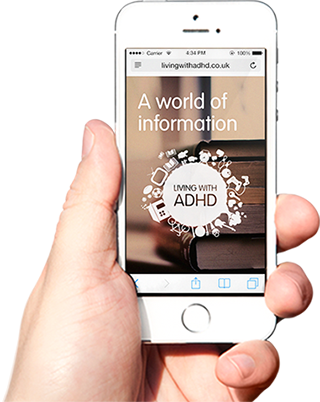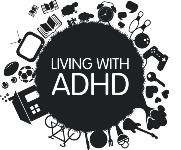Frequently Asked Questions for Teenagers
Frequently asked questions for teenagers
Is ADHD real?
Yes it is. ADHD is a recognised condition which actually affects around 1 in 20 people of school age in the UK. There isn't one particular reason why people get ADHD. We still don't really know how ADHD develops, but it seems to be biological.
How do I take control of my ADHD?
Whether you have just received the diagnosis or have known you have ADHD for a while, many feelings can rush through your head – anger, anxiety or even relief to know what it is that makes you feel and behave the way you sometimes do.
Learning about ADHD can make you feel more in control of yourself and your condition. You can try:
- looking at ADHD websites and resources
- researching different treatment options
- talking to other people in your position
Does what I eat affect my ADHD?
The role of food additives and colorings as a cause of ADHD is not proven. However, it is important for you to try and eat a healthy and balanced diet that supplies all the key nutrients you need to keep going.
Can ADHD be cured?
ADHD can respond well to treatment, and the good news is there are a range of treatments available, including therapies that treat behaviour and various medicines. While there is no exact ‘cure’ for ADHD, many people manage their symptoms with the help of treatment, and so that they have little or no disruption to their lives. Once your specialist team has carried out all the tests, they will know the best management and treatment plan for you.
What support is available for teenagers living with ADHD?
You may find the following websites to be useful sources of support:
- ADHD Information Services (ADDISS) - www.addiss.co.uk
- ADDERS - www.adders.org
- Young Minds - www.youngminds.org.uk
The links provided are for educational purposes only. No sponsorship or endorsement is implied.
Will I have ADHD for life?
Unfortunately, ADHD doesn’t always disappear as you grow into adulthood, but the symptoms often change. Each individual is different, but there are some overall trends:
- Teenagers with ADHD may be less hyperactive than they were as children, so their ADHD is not so obvious to others
- Impulsiveness can still be a problem — speaking out of turn, losing your temper, breaking rules
- Inattention can also remain a problem — being disorganised, forgetful, losing concentration
- Because of all this, you may find that for you, the process of breaking free from your parents and becoming an independent adult takes a bit longer than for some of your friends who don’t have ADHD.
How long will I need treatment for ADHD?
Everyone is different, and so 'the most effective treatment' programme varies between individuals. The length of time you will receive treatment cannot be fixed in advance. Treatment may continue for a couple of years and may even continue into adulthood in some cases. Occasionally, your doctor may recommend that you stop taking your medication for a while so that they can see how you get on; this is called a treatment holiday, and you should only ever do this when a doctor has told you to.


Resources
Visit our resource center for useful information and helpful activities for parents, teachers and teenagers living with ADHD.
